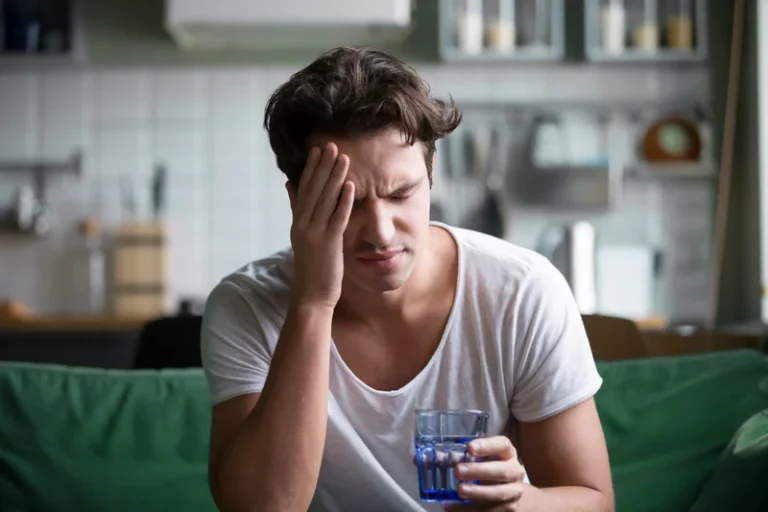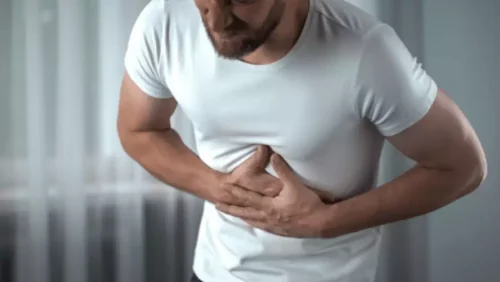
Sometimes alcohol causes such severe damage to the body that a liver transplant may be necessary. In this case, there may be some improvement in the symptoms of alcoholic neuropathy after the liver transplant, but the neuropathy may also be so advanced that there may be little, if any, improvement, even after a transplant. Alcoholic neuropathy is caused by nutritional deficiency, as well as toxins that build up in the body. Alcohol decreases the absorption of nutrients such as magnesium, selenium, and vitamins B1 and B2, causing significant deficits that affect many areas of the body, including the nerves. If the sensation is decreased enough, you may feel actual numbness after drinking alcohol. Alcoholic neuropathy is a severe condition caused by excessive alcohol use.

Causes of Alcoholic Neuropathy
- Densities of small myelinated fibres and unmyelinated fibres were more severely reduced than the density of large myelinated fibres, except in patients with a long history of neuropathic symptoms and marked axonal sprouting [2].
- The three types are motor nerves, sensory nerves, and autonomic nerves.
- Alcohol can have significant negative effects on the central nervoussystem (CNS).
- You may also benefit from a support group to help you reduce your drinking or completely quit drinking alcohol.
This condition often causes weakness, numbness and pain, usually in the hands and feet. It also can affect other areas and body functions including digestion and urination. Vitamin E is used to refer to a group of fat-soluble compounds that include both tocopherols and tocotrienols. Treatment with vitamin E was found to be beneficial in the treatment of patients with diabetic peripheral neuropathy [104] and neuropathic pain in streptozotocin-induced diabetic rats [105]. Recently findings from our laboratory also suggest the benefecial effects of both α-tocopherol and tocotrienol, isoforms of vitamin E, in the prevention of hyperalgesia and allodynia in rats administered ethanol for 10 weeks [55].
- In an animal study, it has been found that chronic alcohol consumption in rats resulted in a significant depletion in thiamine diphosphate (TDP), the active coenzyme form of thiamine.
- Depletion of glutathione increases the susceptibility of neurones to oxidative stress and hyperalgesia [43, 44].
- Damage to the nerves leads to unusual sensations in the limbs, reduced mobility, and loss of some bodily functions.
- Symptoms of alcohol-related nerve damage develop gradually over time, and can become worse without treatment.
- Nutritional problems linked to alcohol use, such as vitamin deficiency, can also cause nerve damage.
- According to studies, it is estimated that as many as 66% of individuals with chronic alcohol abuse may suffer from alcoholic polyneuropathy.
- Alcohol misuse can lead to neurological damage that can affect multiple areas of a person’s health and well-being.
Treatment & Therapy
As yet there is no effective therapeutic intervention available for relieving the neuropathic pain due to chronic alcohol consumption. Peripheral neuropathy refers to damage or disease of the nerves that carry messages to and from the brain or spinal column and the rest of the body. More recent research, however, suggests that alcohol can directly damage nerves. The evidence points toward alcohol-related peripheral neuropathy being a form of toxic neuropathy, rather than nutritional neuropathy.
rs.onload = function()
This study found that the response to treatment depended upon the severity of neuropathy and whether there was severe cirrhosis. No patients with grade III (severe sensory impairment, absent reflexes, foot drop, muscle wasting) neuropathy showed clinical improvement over the 4-week period, but 4/8 did show an improvement over 3–6 months. Amongst those who did not respond to thiamine, two patients with grade I neuropathy and one with grade II responded with alcohol neuropathy the correction of low circulating nicotinic acid. One patient with grade I neuropathy responded with the correction of low pantothenic acid. One patient with grade III neuropathy responded with the correction of low circulating vitamin B6. This study showed that as well as thiamine replacement, corrections of low circulating levels of nicotinic acid, pantothenic acid and vitamin B6 can result in an improvement of alcohol-related peripheral neuropathies.
Caspases, or cysteine-aspartic acid proteases, are a family of cysteine proteases, which play an essential role in apoptosis (programmed cell death), necrosis and inflammation. Translocation of NFkβ to the nucleus has been reported to result in activation of the endogenous proteolytic enzyme system caspases [69]. Joseph & Levine [71] suggested that activity in signaling pathways that ultimately lead to apoptosis plays a critical role in the generation of neuropathic pain, before death of sensory neurones becomes apparent. Activator and effector caspases, defining components of programmed cell death signalling pathways, also contribute to pain-related behaviour in animals with small fibre peripheral neuropathies. The death receptor ligand, tumour necrosis factor α, and its downstream second messenger, ceramide, also produce pain-related behaviour via this mechanism.
Other Treatment
Human studies have also suggested a direct toxic effect, since a dose-dependent relationship has been observed between severity of neuropathy and total life time dose of ethanol [6, 13]. The exact mechanism behind alcoholic neuropathy is not well understood, but several explanations have been proposed. Therefore, alcoholic neuropathy may occur by a combination of the direct toxic effects of ethanol or its metabolites and nutritional deficiencies, including thiamine deficiency. The precise mechanisms responsible for toxicity on the peripheral nervous system, however, have not yet been clarified. The amount of ethanol which causes clinically evident peripheral neuropathy is also still unknown.






Recent Comments